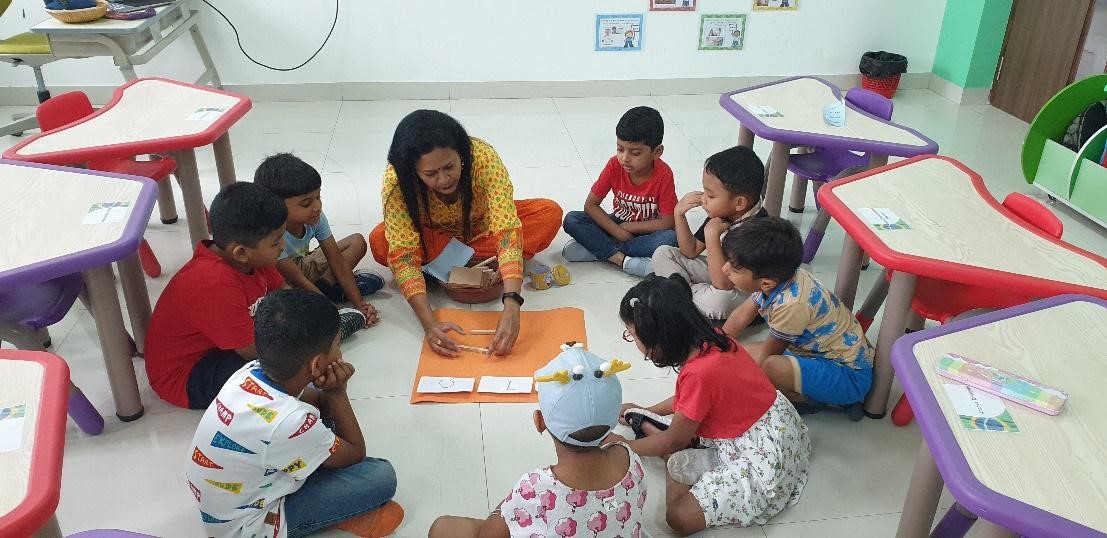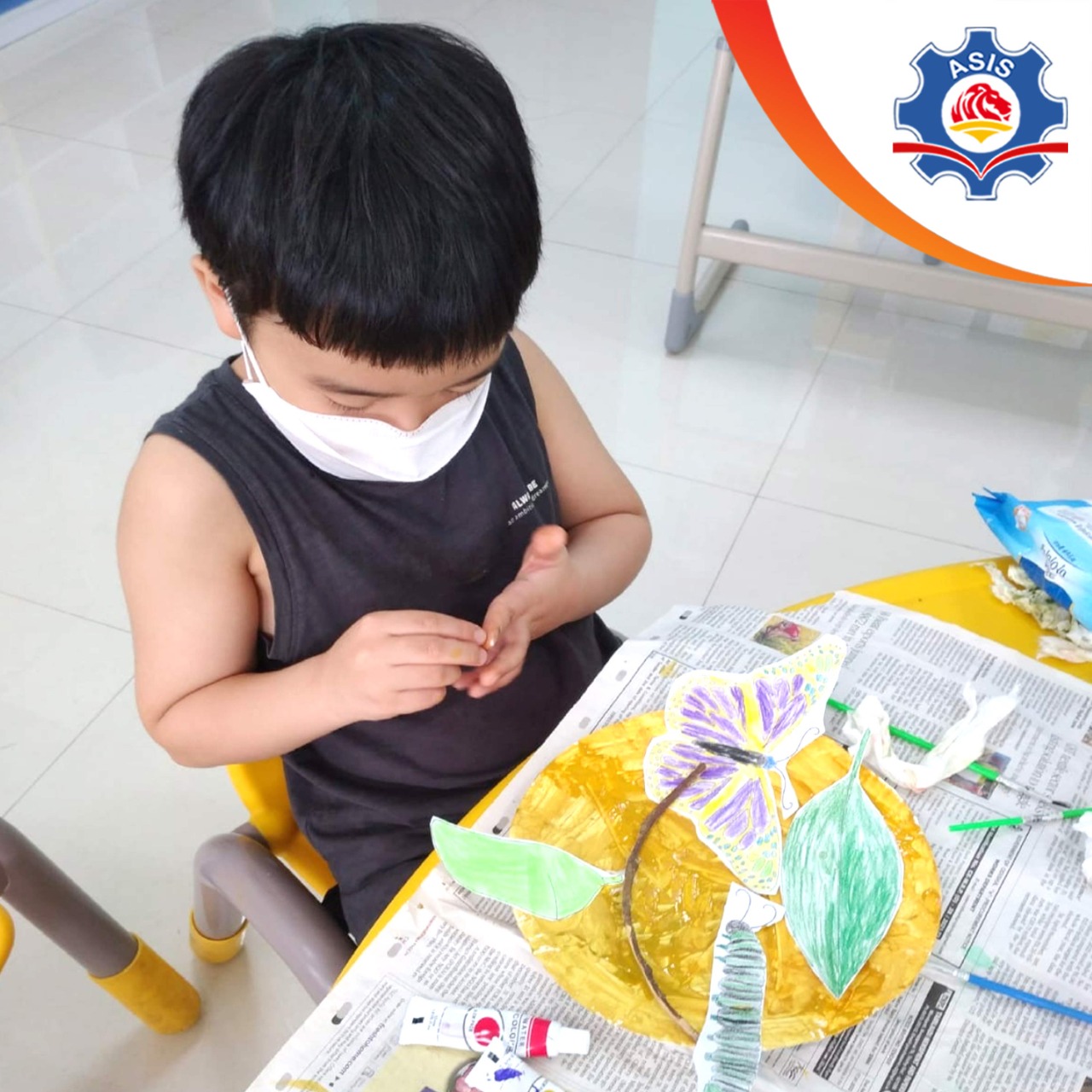How to Nurture your Child
October 25, 2022Written by Ms Bhagya Lakshmi.jpg)
Parents across the world relate differently with their kids. There are some who yell and use harsh words to keep their kids in line which results in kids being fearful or rebellious. Some parents are too lenient and passive causing their kids to walk all over them and manipulate them. There are those who have mastered the art of parenting. Their way of dealing with their kids is warm, clear, firm, consistent, and confident.
As a teacher, and a mother myself, I have observed many parent-child relationships. I have emulated the best practices of the best parents which I found very effective and I want to share them with you.
Here are my tips on how to nurture a child into mature and decent individuals:
- The Power of using your child’s name. Using their name gets their attention before delivering the message. “Sanjhay, your snack is at the table”. Remember that young children can follow or concentrate on one thing at a time so, call your child’s name until you have their attention before you speak “Sanjhay…….(wait until he stops playing with the toy and looks at you) the dinner will be ready in 5 minutes”.
- Positive language. Saying “no” and “don’t” always has a big impact on the behaviour of your child. There is no doubt that if we say “no running inside” or “don’t drop the book” the child will end up doing the opposite. That’s the counterproductive power of negative words. Instead of saying “no running” we can switch to “walk” , from “don’t drop it” to “hold it tight”
- Eye contact - the connection is REAL! You need to go down to their eye-level when you are having a conversation with them. Not only is this good manners, it helps you to listen to each other. Call out your child’s name and wait until you get eye contact, then speak to him/her.
- Options and alternatives. It is always better to make your child understand what you want them to do using this method. Example: “When you are dressed up for school, you may then play with your toys.”, “Do you want to read the red book or the blue book”.
- Be gentle but firm. If you have made some decision about something, talk with your partner and stick to the decision until the end. Your child may not like the decision at that time but they will know that it stands firm and will not play off with one parent against the other. Make your request important and speak to them as though you mean it.
- Open-ended questions - opens the door to thinking. If you want your kids to really open their minds and think, then you have to ask open-ended questions where they cannot answer with just ‘yes’ or ‘no’.
- Always good to Check for understanding. This is a super tool for every parent. The more you check for understanding by asking them to repeat what you have just said will really engrain the instruction in their mind. Which automatically tunes them to complete it.
- Explain what you want with an ‘I’ message. When asking your child to do what you want them to do, you will receive a greater response if you use the phrases with thoughts and feelings by sending the ‘I’ message. “I will be happy if you have 2 more spoons of your food.”
- Notice. If you find your child is really engrossed with something and if you want to leave the place, ensure that you give them an alert in advance so that they are mentally prepared for the transition.
- Use enquiry based listening. Show you kids that you have your full attention on them and you care well enough to listen to them. Instead of listening to your kids while you read a newspaper, vacuuming or cooking, please set it aside for a second and lend your listening ears to them. This definitely makes them feel so special they never hide things from you.
- Don’t sweat the small stuff. It is always better to stick to your rules and be firm about it. At the same time do not keep complaining about little things because children will tune out from listening to their parents if they lecture over small things. For example, instead of nagging them to “listen to your teacher at school”, use diverse approaches which makes them think for themselves on what they need to do at school.
- Show acceptance. When you accept your child the way they are regardless of their shortcomings, they share their feelings and problems with you. They will know that you will be there for them, no matter what!
Remember that our relationship with our children is a two-way street. We have to give as much as we want to receive.
About Author:
Ms. Bhagya Lakshmi is the Primary 3 Form teacher at Anand Singapore International School who is loved by all student and staff. She is an enthusiastic Science and Computer Science teacher
.jpg)
.jpg)


.jpg)

.jpg)

















.jpg)





.jpg)




